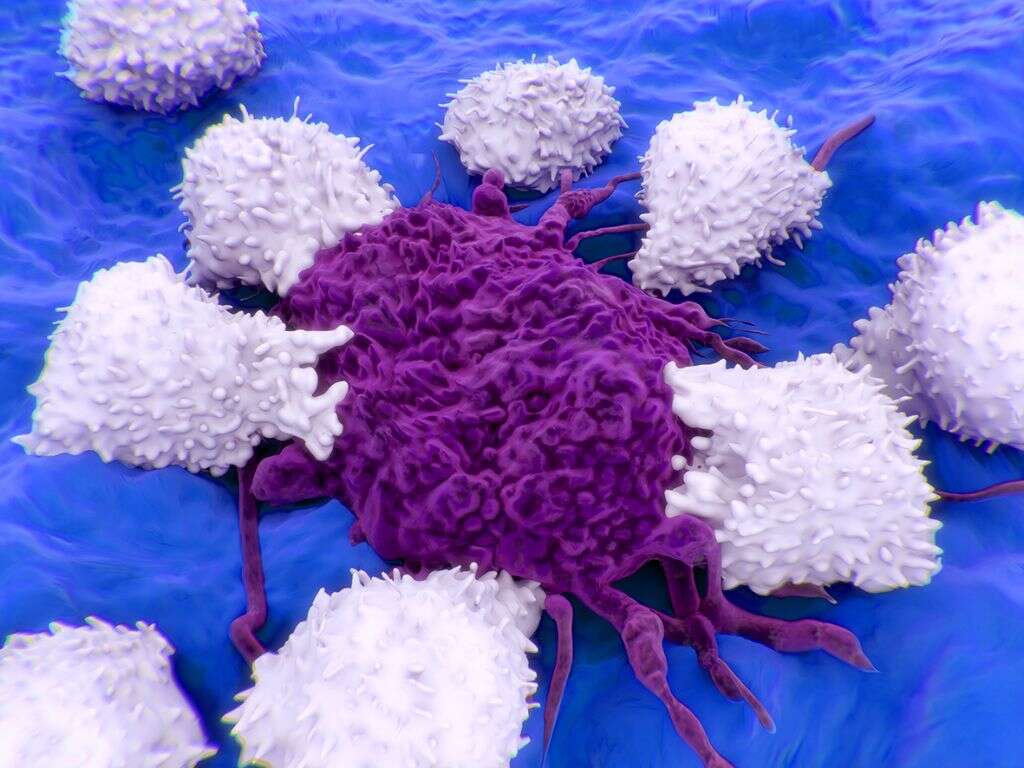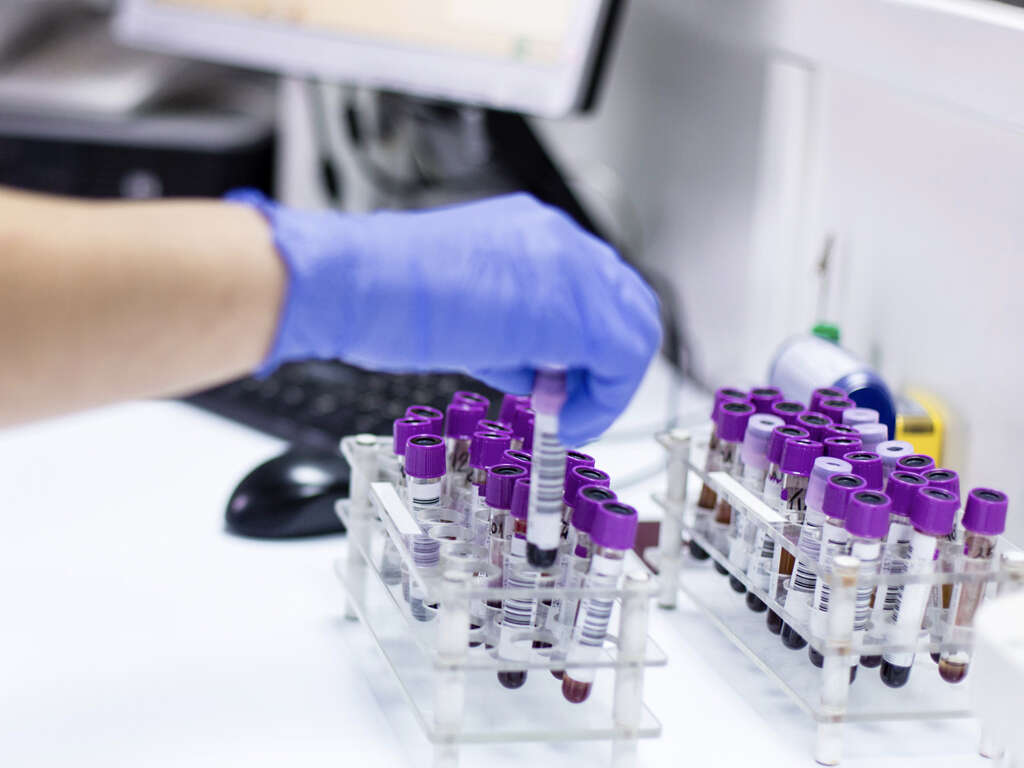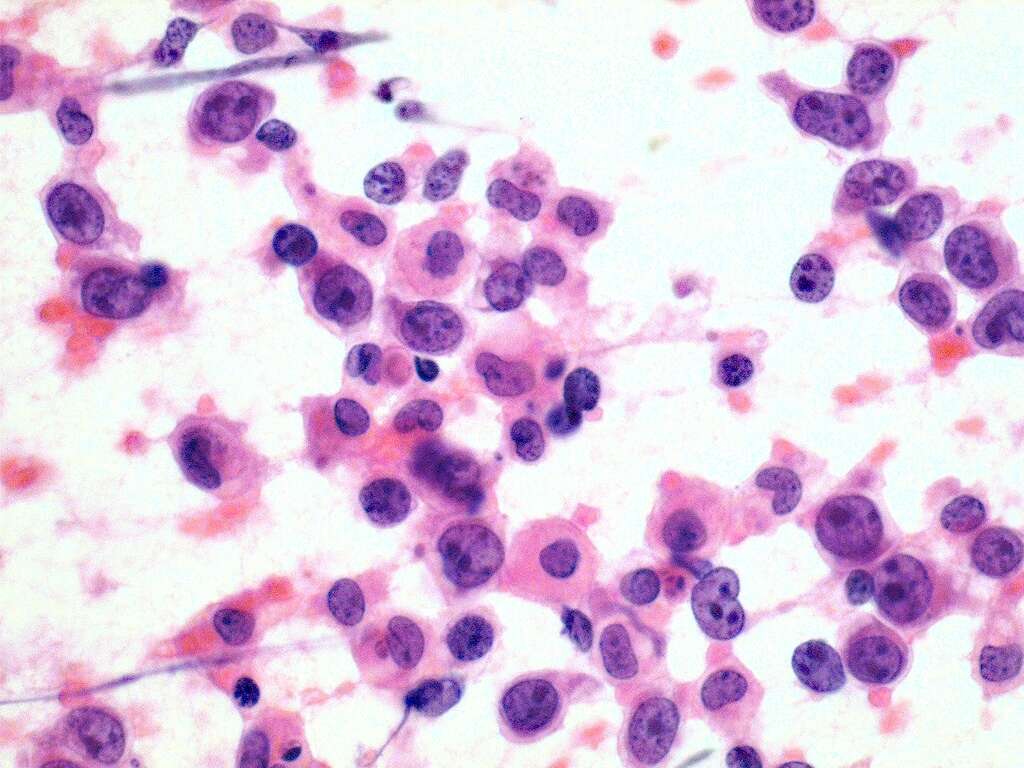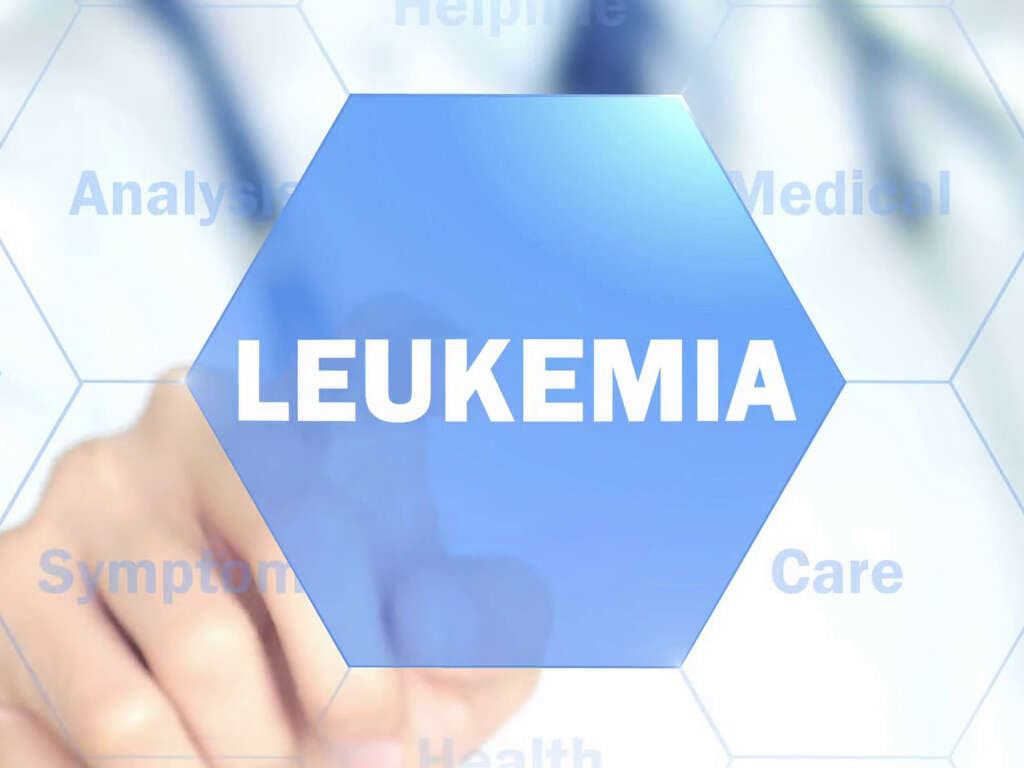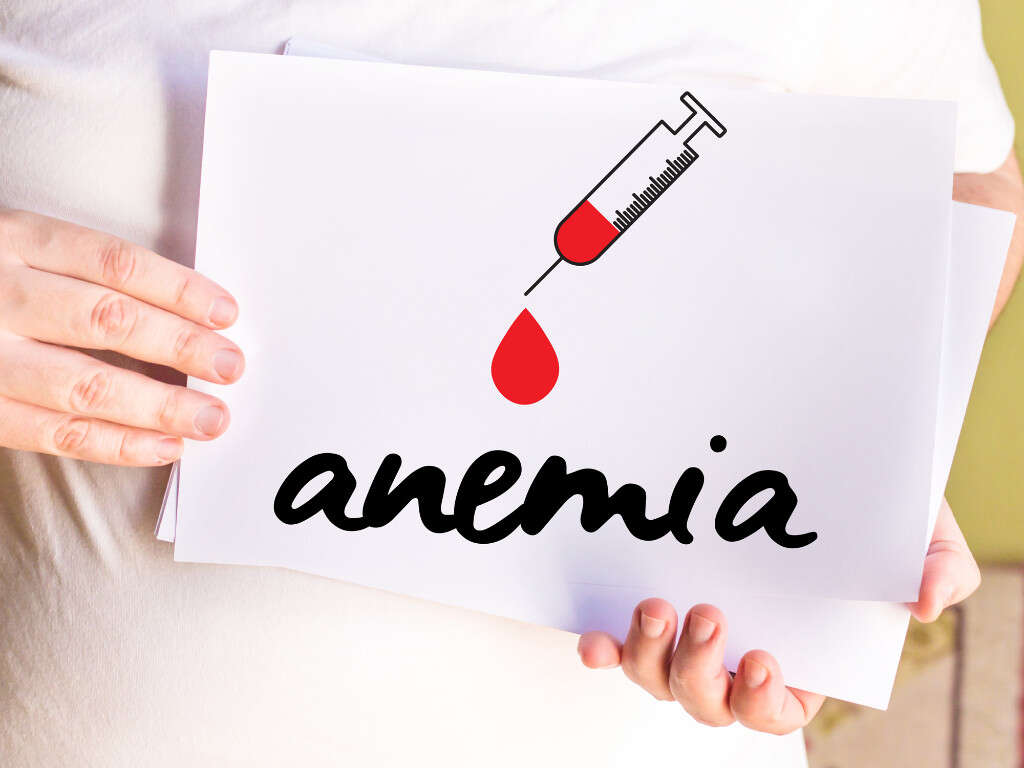10 Signs of Leukemia
White blood cells are among our most effective defenses against unwanted intruders. If a pathogen is detected, white blood cells will be sent to the affected area where they will confront the intruder directly. They are mostly made in your bone marrow, the soft core inside your bones.
Sometimes, however, white blood cells may not be properly formed. If there are too many of these abnormal white blood cells in your body, you have a type of cancer known as leukemia. Leukemia is still often a fatal condition, but technology is becoming increasingly effective at combating it.
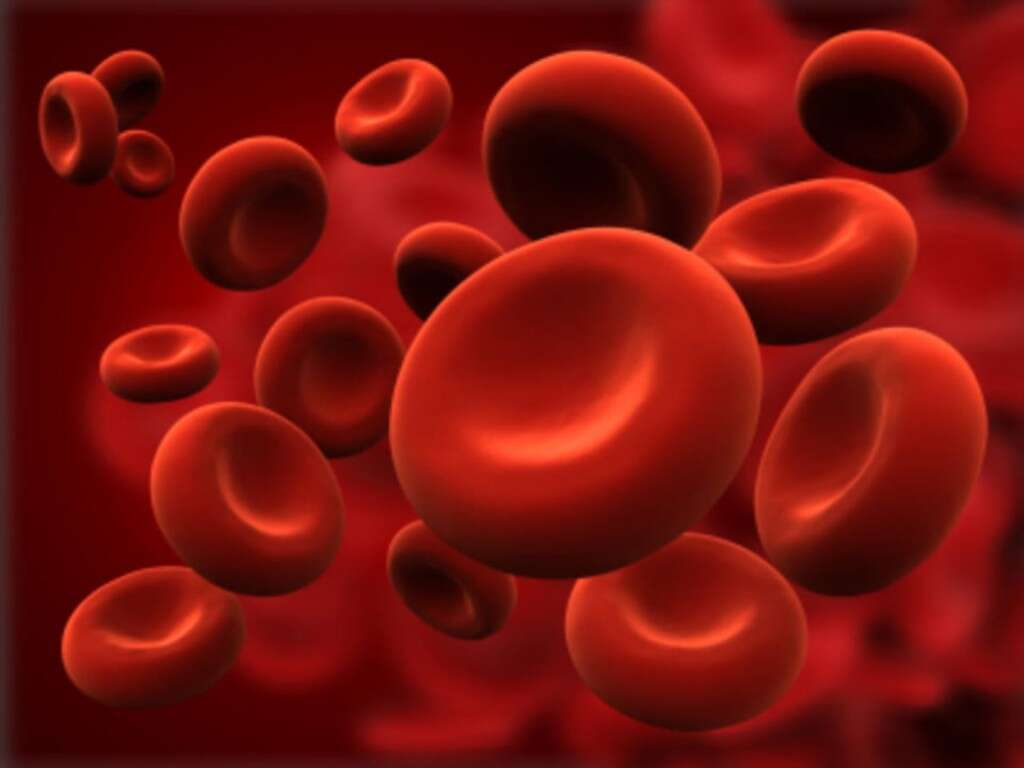
Leukemia Sign #1: Fatigue
Generally, fatigue involves more than just being tired out after a day of working hard. In fact, it tends to be an overall tiredness that does not go away with rest or nourishment. It can have quite a profound impact on a person’s life, leaving them with little energy to go to work or take care of other commitments.
Leukemia can be exhausting, and fatigue is a common cancer symptom. It is caused by two factors: the body’s fight against the condition, and anemia, which affects the body’s ability to generate energy. Fatigue can creep up on people, so they may not even notice it at first, until it eventually becomes debilitating.

Leukemia Sign #2: Unexpected Bleeding
If our body is damaged, the blood running through our blood vessels may find a way to leak out. Depending on the severity of the injury, most leaks will quickly be plugged by platelets that bond together to form a clot. If platelet production is somehow affected, the blood can take longer to clot.
A lack of platelets in the blood can lead to bleeding even from the slightest of knocks. Areas with superficial blood vessels, such as the lining of the nose and the gums are particularly at risk. Such symptoms should always be taken seriously regardless of the suspect cause.

Leukemia Sign #3: Shortness of Breath
If you are short of breath after just having exercised, there is nothing to worry about. It simply means that your body is using up more oxygen, so you are having to work harder to get the oxygen that you need. If you are short of breath for no particular reason, however, this is a sign that there could be something wrong.
Leukemia will often lead to anemia, which results in a reduced amount of oxygen in the blood. To compensate, we begin breathing harder to try and get more oxygen in our system. If you are having difficulties breathing, you should arrange to speak with a medical professional.
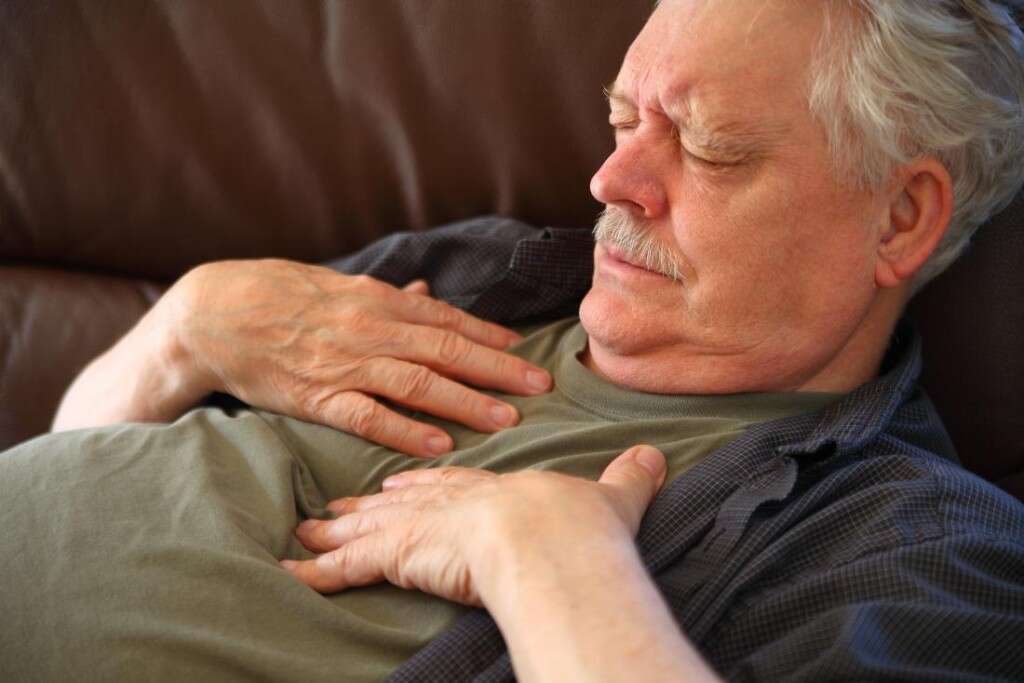
Leukemia Sign #4: Anemia
Anemia is a condition characterized by insufficient levels of hemoglobin in the blood. Hemoglobin is a compound responsible for carrying oxygen, so when it’s insufficient, so is oxygen.
One of the most common symptoms of anemia is pale skin, caused by the reduced amount of hemoglobin – which gives blood its deep red color. Hemoglobin in itself is not necessarily something to be overly concerned about, but severe cases can be dangerous.

Leukemia Sign #5: Easy Bruising
Bump into something hard enough and you might get a bruise. This happens because the blood vessels in the hurt area get damaged, allowing blood to leak out beneath the skin. This leakage is what we call a bruise, and it will usually clear in a few days or so, depending on the severity of the damage.
As with external bleeding, platelets in the blood help form clots that prevent bruises from occurring for just any reason. Without enough platelets, however, bruises can form far more easily than they usually would. Easy bruising is a typical symptom of leukemia and you should see a doctor if such symptoms occur.

Leukemia Sign #6: Early Satiety
We usually need to consume a certain amount of food before we get full. The stomach can only hold so much, and what we do eat will take time to digest. Some health conditions, however, can cause the stomach to become compressed. The decreased capacity of the stomach means we take in less food to become full.
Leukemia can cause the spleen to become enlarged, making it push up against the stomach. This will likely lead to early satiety because the stomach cannot take its full volume. This condition can lead to follow-up nutritional problems.

Leukemia Sign #7: Red Dots
If you notice anything unusual on your skin, it is wise to observe it cautiously. Keep in mind that many conditions can manifest with skin symptoms and those can be very helpful in leading to a quick diagnosis.
If you notice small red dots forming on your skin, then you should take very serious notice. Also known as petechiae, these red dots tend to be found around the ankles. They are small, painless, and will often go completely unnoticed. Unusual blemishes and rashes on the skin are a tell-tale sign that something is wrong and that you should make an appointment with a doctor to get it checked out.

Leukemia Sign #8: Rash
As with any skin blemish, an unexplained rash is something that you should not ignore. Rashes can come in a variety of appearances, along with other symptoms such as itchiness or pain. There are two main types of rash that are associated with leukemia.
One of them is Sweet’s Syndrome, which is red and has a similar appearance to allergy rashes. The other type is leukemia of the skin, which is often described as though something has been inserted into the skin. One thing that both types have in common is that they will grow.

Leukemia Sign #9: Swollen Lymph Nodes
Your lymph nodes are located in the neck area, the groin, and under the armpits. They help to filter pathogens from the blood and act as a key component of the body’s immune system. It is not uncommon for them to become swollen when an infection is present, because they go into overdrive to help fight the problem.
However, the lymph nodes should not remain swollen. If they do, then you should arrange to speak with a doctor to get them checked out as soon as possible.

Leukemia Sign #10: Pain in the Bones
It is not unusual for us to feel aches and pains in our joints and bones. They are often unexplained and will usually go within a day or two. They are not necessarily something to be concerned about, but you should consider speaking with a doctor if the pains persist.
Cells that cause leukemia come from inside the bone marrow. For this reason, some people will feel aches and pains in their bones. It is not a common symptom of this cancer, but definitely one that should get your full attention if it does not go away as such pains usually would.




